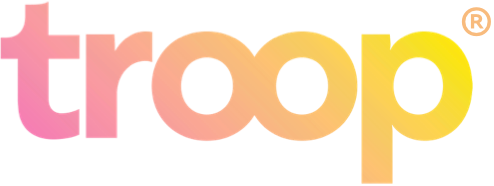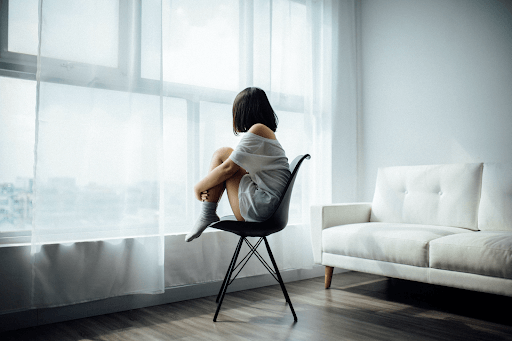According to the most recent figures from the National Institute of Mental Health, more than 17 million adults in the United States and 300 million adults worldwide experienced a major depressive episode in 2017. Put another way, more than 7 percent of U.S. adults experienced depression in 2017.
The reality of U.S. veterans, is even more alarming. In 2018, the average number of suicides by U.S. veterans per day stood at 17.6, or about one suicide every 82 minutes.
Unfortunately, the existing treatments available for conditions like major depressive disorder (MDD) and posttraumatic stress disorder (PTSD) — it’s estimated that between 13 and 30 percent of deployed and non-deployed veterans from the Iraq and Afghanistan wars screen positive for PTSD — have yet to prove very effective.
Yet hope rises on the horizon.
Psilocybin, the main psychoactive compound in psychedelic “magic” mushrooms, is proving to be potentially much more effective than current pharmacological remedies for treatment resistant depression, MDD, and PTSD.
A Research Led Psychedelic Renaissance
Recently, academic and scientific research at the Imperial College London Centre for Psychedelic Research and the John Hopkins Center for Psychedelic & Consciousness Research, have produced some exciting results in the field of mental health.
One study from Imperial College, used psilocybin to treat a small number of patients with depression in whom conventional treatment had failed. Utilizing brain scanning imagery, a comparison of patients’ brain scans before and one day after they received psilocybin treatment revealed changes in brain activity associated with noticeable and durable declines in depressive symptoms.
Such benefits were reported by patients to last up to five weeks after the experience, leading people to believe psilocybin may effectively reset the activity of key brain circuits known to play a role in depression.
Researchers at John Hopkins produced similar results in their own 2020 study of psilocybin and adults with major depression. After administering two doses of psilocybin on two separate occasions along with supportive psychotherapy, half of the study’s participants achieved remission in their symptoms through the four-week follow-up.
Overall, 71 percent of participants who were administered psilocybin with follow up psychotherapy, had a clinically significant response to the intervention at 1 month, and 54 percent of participants were in remission at 1 month.
According to one researcher involved in the study, the effects of psilocybin were four times more powerful than what clinical trials show for today’s traditional antidepressant treatments.
Results like these prompted the United States Food and Drug Administration in 2019 to designate psilocybin as a breakthrough therapy in the treatment of MDD, the world’s leading cause of disability. The designation establishes the FDA’s organizational commitment to promoting an efficient development program for psilocybin in treating MDD.
It remains to be seen when a psilocybin-based therapeutic and/or pharmacological treatment is approved and put to market, but it appears to be on the horizon and with it, hope for the millions affected by MDD.
Sources:
- https://www.nimh.nih.gov/health/statistics/major-depression
- https://www.va.gov/opa/pressrel/pressrelease.cfm?id=5565
- https://www.imperial.ac.uk/news/182410/magic-mushrooms-reset-brains-depressed-patients/
- https://www.nature.com/articles/s41598-017-13282-7
- https://www.sciencedirect.com/science/article/pii/S2215036616300657
- https://www.hopkinsmedicine.org/news/newsroom/news-releases/psychedelic-treatment-with-psilocybin-relieves-major-depression-study-shows
- https://www.businesswire.com/news/home/20191122005452/en/FDA-grants-Breakthrough-Therapy-Designation-to-Usona-Institutes-psilocybin-program-for-major-depressive-disorder

